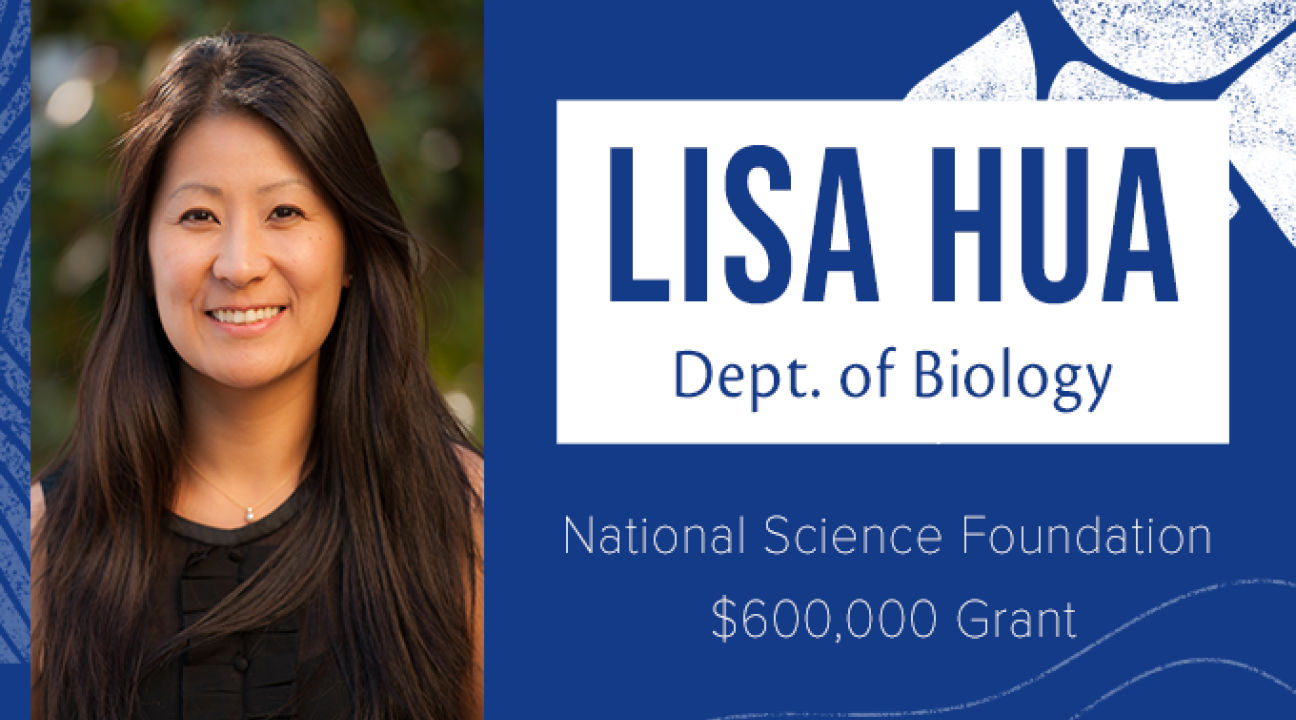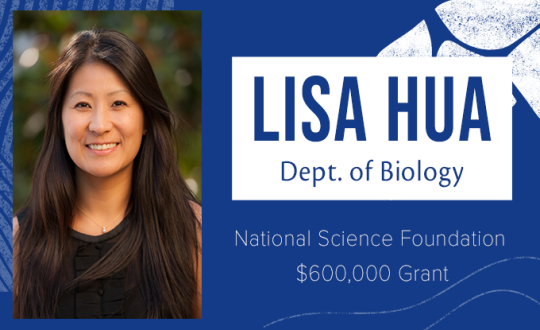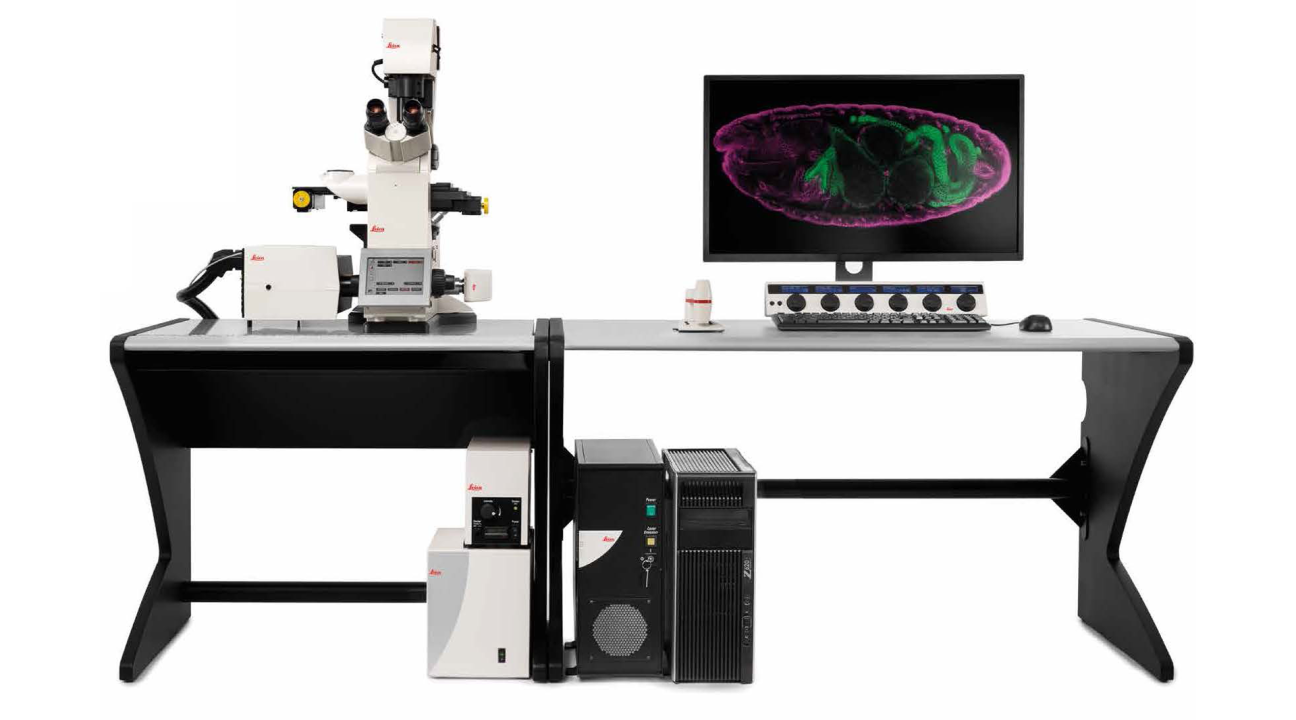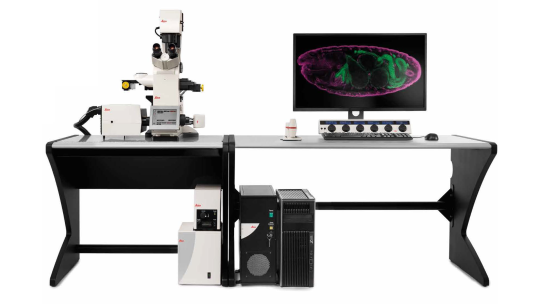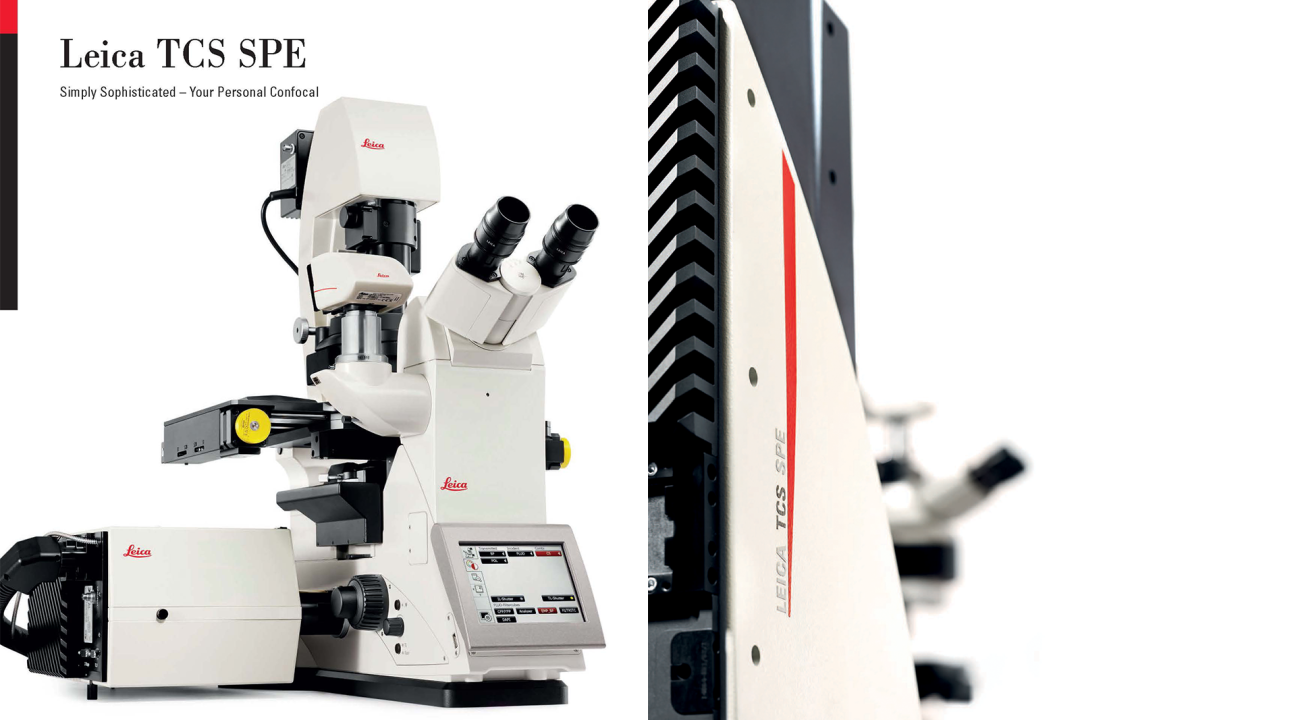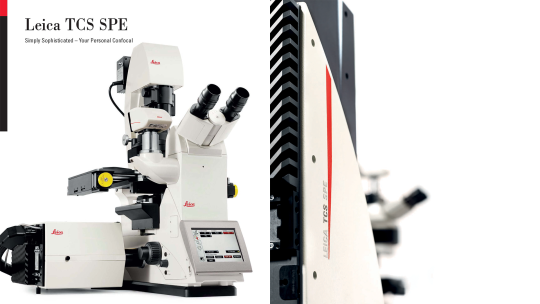A state of the art piece of equipment coming to SSU will aid in faculty-student research to better understand human disease
By Nate Galvan | [email protected]
At Sonoma State University, a major piece of equipment is coming to campus this fall that will help STEM (Science, Technology, Engineering, and Math) students, and faculty understand the fundamental mechanisms of cell biology, including those in diseases such as cancer.
Sonoma State biology professor Lisa Hua has been awarded a $600,000 grant from the National Science Foundation, part of which will be used to purchase a confocal microscope, a high resolution microscope that Hua said will be used to research normal and diseased human cells. This is the first time SSU has received a grant from the NSF’s Division of Molecular and Cellular Biosciences.
“We are extremely excited to bring this new capability for modern research instrumentation to SSU,” said Elisabeth Wade, dean of the School of Science and Technology. “We are delighted that we were able to help Dr. Hua expand her research here and to support her in providing more students with opportunities for on campus research experiences. This work will benefit our campus and our students as they move on in their careers beyond SSU.”
The confocal microscope, a Leica TCS SPE, which costs around $180,000, is an essential instrument that is used in research institutions, and biotechnology, and healthcare companies to look at the individual structures of cells, Hua said. As an instructional tool, Hua said the microscope can be used to launch a learning module into any STEM course that would teach SSU students the basic principles of microscopy, and how to proficiently operate one.
This knowledge can be directly applied to research projects at SSU with faculty mentors, and internships at biotechnology companies or academic research institutions, Hua added. According to the U.S. Bureau of Labor Statistics, local biomedical and biotechnology professions are rapidly growing and are projected to have an eight percent job growth by 2024.
“Research has shown that having a hands on experience in a science course, where students physically experience scientific concepts leads to more in-depth learning,” Hua said. “The grant will provide students at SSU with the knowledge, skills and experience to become leaders in the healthcare workforce of the 21st century.”
Hua has been conducting research into the fundamental principles of cell biology since her arrival at SSU in August 2019, which is part of the reason she wanted to bring a confocal microscope to campus, she said. Hua said she hopes it will not only serve instructional uses for a variety of STEM students majoring in biology, and biochemistry courses, but also provide students and faculty with the tools to conduct state-of-the-art research at Sonoma State.
“The downstream instructional, and research implications of these funds encompasses the innovative programming that SSU students deserve,” she said. “The School of Science and Technology is dedicated to student success. We strive to innovate and provide academically rigorous and beneficial programs.”
The microscope is expected to be on campus by the end of the fall semester and will be housed in Darwin Hall. Visit Hua Lab for a look into Professor Hua's research projects, and for more information about how the School of Science and Technology is fostering bold breakthroughs in STEM, visit https://scitech.sonoma.edu.


